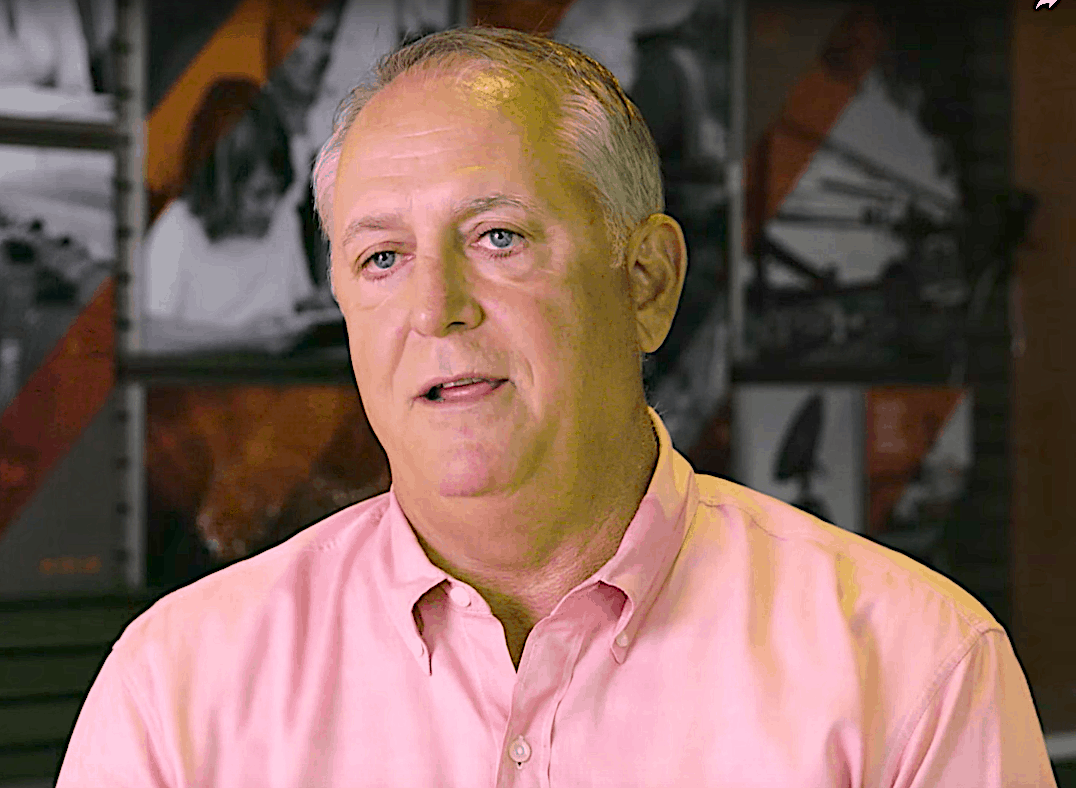5G Drone Test, Viasat Step Closer to Inmarsat Buy, Charter Awarded Nearly $50 Million in Kentucky
UScellular and Ericsson tested 5G connected drones for future applications.
Teralyn Whipple

June 22, 2022 – Mobile network operator Uscellular and Swedish telecom equipment provider Ericsson teamed up to test 5G performance at altitude using drones, according to a press release Wednesday.
The first tests were conducted in Beloit, Wisconsin where a drone connected to a 5G smartphone and measurement equipment to record performance metrics was flown between two UScellular’s 5G towers. The drone captured the signal strength, upload and download speeds, and latency at various altitudes.
The goal of the test was to determine what is required for future use of 5G connected drones. Future drone use will include inspecting towers and other infrastructure with real-time data collection and video footage.
This follows tests run by AT&T earlier this month for its Flying COW (Cell on Wings). The company said that the drone can transmit “strong 5G coverage for approximately 10 square miles.” It said it hopes that the drone will help first responders in search and rescue missions where connection may not be available.
“Drone technology offers a wide scope of new opportunities in today’s market. Our testing with UScellular is a huge step for advanced connected drones use cases that will benefit society and businesses,” said Jossie Prochilo, vice president, UScellular Account for Ericsson North America.
Viaset receives stockholder approval for acquisition of Inmarsat
Satellite services company Viasat announced Tuesday in a press release that stockholders granted the necessary approval for the proposed acquisition of Inmarsat, another telecommunications company.
The acquisition is expected to close by the end of 2022, said the press release, pending regulatory approvals. With the acquisition, Viasat said it hopes to “increase the pace of innovation to help drive new and better services for customers, broaden opportunities for employees, and provide a foundation for significant positive free cash flow.”
The partnership will “provide an incredible foundation to advance broadband communications and drive greater performance, reliability, and value for our customers,” said Viasat CEO Richard Balridge in a statement.
Balridge was encouraged by the “overwhelming” stockholder support, saying that it “confirms that this transformative combination is in the best interest of our company, shareholders, and allows for significant future growth in revenue.”
Charter awarded nearly $50 million in Kentucky broadband program
Internet service provider Charter Communications was awarded $49.9 million from Kentucky’s broadband program to expand high-speed internet to over 18,000 households and businesses in 13 Kentucky counties.
The Better Kentucky Plan will invest $89.1 million in 46 grant awards to 12 internet service providers with the purpose of expanding reliable and affordable high-speed internet to Kentucky homes. The awards were granted through a competitive process, with six months to evaluate and score the nearly 100 proposals received.
Charter will put $118.8 million toward the project.
“These grants will lower the cost of construction so that our most rural areas will have access to this necessity of high-speed internet,” State Budget Director John Hicks said in a press release. “These funds are dedicated to unserved areas in Kentucky. We’re also setting up Kentucky’s first Office of Broadband Development to help administer and create a master plan for the commonwealth to provide universal service to every Kentuckian.
“We applaud this bold, bipartisan broadband expansion effort and look forward to the opportunity to extend our ongoing partnership with Kentucky leaders,” said Jerry Avery, Charter’s area vice president. “From investing to deploy internet access to reach unserved Kentuckians, to continually upgrading our network to provide fast and reliable broadband products at great value, to addressing affordability and adoption barriers, Charter has long been committed to increasing connectivity across the Commonwealth.”








Member discussion